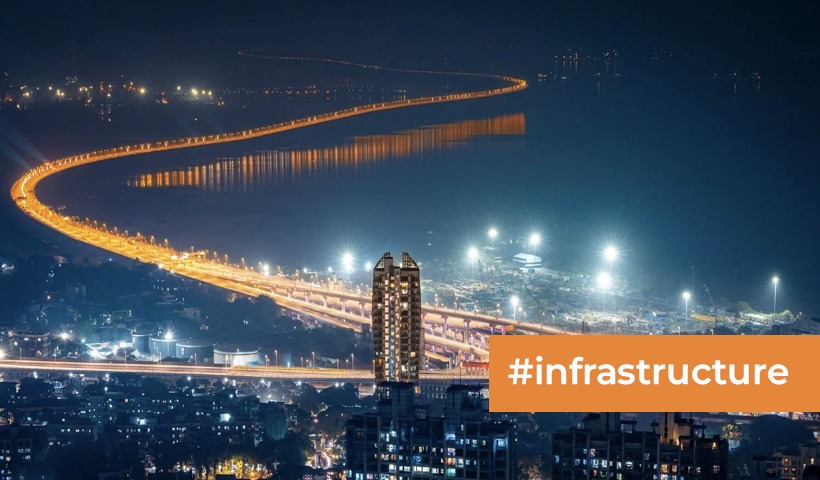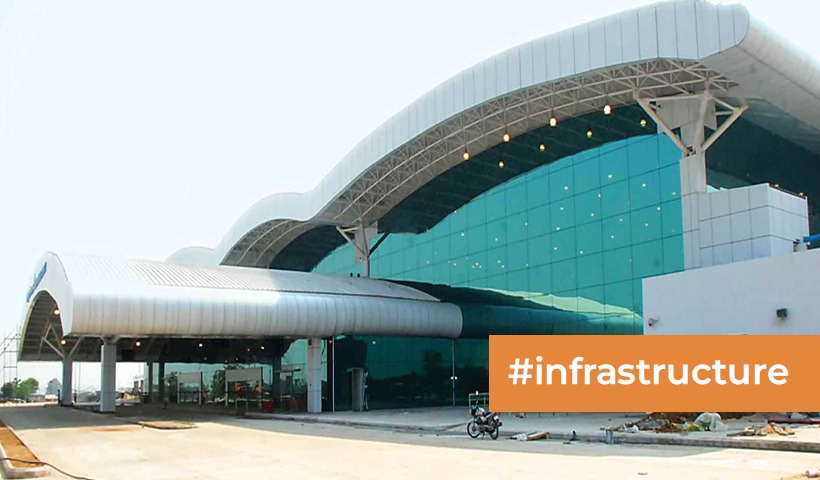What exactly is the National Infrastructure Pipeline (NIP)?
The National Infrastructure Pipeline (NIP) is the flagship initiative of the Government of India. It is asserted that it will create a favourable and supportive climate for major private investment in the infrastructure sector at all three levels of government. NIP will develop, implement, and sustain public infrastructure projects to satisfy strategic priorities of productivity, equity, and inclusivity.
NIP will design, build, and ensure continued infrastructure to achieve catastrophe adaptation targets. It will build a rapid institutional, regulatory, and operational foundation for infrastructure. Furthermore, the initiative will use technology to improve quality standards, productivity, and security.
Investment in National Infrastructure Pipelines
The big infrastructure project is estimated to get $1.4 trillion in investment by 2024-25. The Central and State governments will each contribute 39% of the project’s capital spending, with the private sector contributing the remaining 22%. Its entire investment encompasses $44.8 billion in conceptualization initiatives, $58.6 billion in execution projects, and $36.5 billion in development projects.
Major Projects in the National Infrastructure Pipeline
Multiple initiatives have been selected by the NIP throughout industries and sub-sectors. All initiatives costing more than Rs 100 crore were plotted. Particularly, roads, urban and housing development, trains, power, and agriculture will receive 80% of NIP money.
Here are some examples of target projects and their objectives:
- Roads: A overall length of 1.99 lakh kilometres of National Highways is planned, with a total investment of $26.9 billion. The private enterprise now accounts for 39% of project implementation.
- Urban and Housing: A metro rail transportation system will be built in over 25 cities. Increased use of electric vehicles (EVs). A total of $22.37 billion has been invested.
- Railways: privatisation of 500 passenger trains and 225 stations. Complete the implementation of freight routes. $18.8 billion in total investments
- Energy: Increase renewable energy usage from 9% to 19%. HVDC Bipole Link Project and Dibang Hydel Power Project are two key developments.
- Irrigation: Significantly raise irrigation capacity from 68 million to 85 million hectares. A total of $10.5 billion has been invested. Among the most important initiatives are Clean Ganga and the Godavari-Cauvery connection.
- The private sector will be the sole implementer of NIP renewable energy projects.
Disclaimer: The views expressed above are for informational purposes only based on industry reports and related news stories. PropertyPistol does not guarantee the accuracy, completeness, or reliability of the information and shall not be held responsible for any action taken based on the published information.




